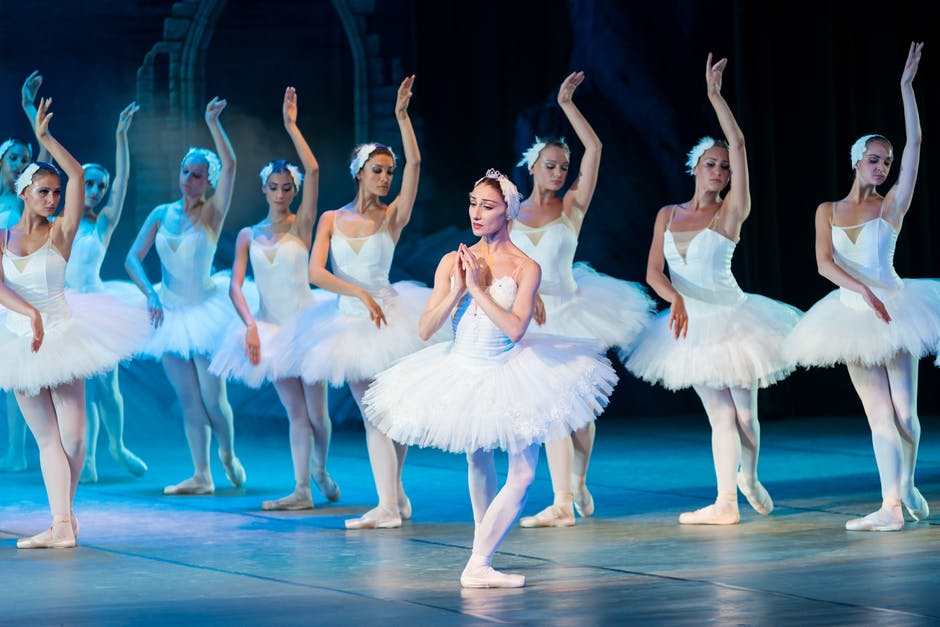
403
Sorry!!
Error! We're sorry, but the page you were
looking for doesn't exist.
American composer claims that Russian theater is piracy
(MENAFN) American composer Philip Glass has publicly accused the Sevastopol Opera and Ballet Theater in Crimea of piracy, alleging that his music has been used without authorization in a new ballet production. The ballet, titled *Wuthering Heights*, is an adaptation of Emily Brontë’s classic novel and is set to premiere on July 29.
Philip Glass, an acclaimed composer known for his contributions to film soundtracks like *The Truman Show* and Martin Scorsese’s *Kundun*, took to social media platform X (formerly Twitter) to express his grievances. Glass, who has received three Golden Globe Awards, stated that neither he nor his representatives were consulted or gave permission for the use of his music in the ballet or for his name to be used in its promotional materials. He described this as "an act of piracy" and warned that he would formally object if the theater proceeded with the performance.
The Sevastopol Opera and Ballet Theater has responded to these accusations by denying any wrongdoing. The theater insists that it adheres to Russian copyright and intellectual property laws, asserting that it does not engage in illegal use of copyrighted materials. The theater's spokesperson emphasized their commitment to operating within the legal framework governing intellectual property rights.
The production's lead choreographer, British dancer Jonah Cook, has defended the ballet’s approach. Cook explained that modern ballets often incorporate a range of musical influences, and *Wuthering Heights* includes works by various composers. Alongside Philip Glass, the score features music by Icelandic composer Hildur Guðnadóttir, British musician Damon Albarn, Russian composer Tatyana Shatkovskaya, and elements of traditional Irish music.
The dispute highlights the ongoing complexities surrounding intellectual property rights in the performing arts, particularly when works are adapted or performed in different countries. Glass’s strong objections underscore the tensions that can arise over the use and attribution of artistic works on an international stage.
Philip Glass, an acclaimed composer known for his contributions to film soundtracks like *The Truman Show* and Martin Scorsese’s *Kundun*, took to social media platform X (formerly Twitter) to express his grievances. Glass, who has received three Golden Globe Awards, stated that neither he nor his representatives were consulted or gave permission for the use of his music in the ballet or for his name to be used in its promotional materials. He described this as "an act of piracy" and warned that he would formally object if the theater proceeded with the performance.
The Sevastopol Opera and Ballet Theater has responded to these accusations by denying any wrongdoing. The theater insists that it adheres to Russian copyright and intellectual property laws, asserting that it does not engage in illegal use of copyrighted materials. The theater's spokesperson emphasized their commitment to operating within the legal framework governing intellectual property rights.
The production's lead choreographer, British dancer Jonah Cook, has defended the ballet’s approach. Cook explained that modern ballets often incorporate a range of musical influences, and *Wuthering Heights* includes works by various composers. Alongside Philip Glass, the score features music by Icelandic composer Hildur Guðnadóttir, British musician Damon Albarn, Russian composer Tatyana Shatkovskaya, and elements of traditional Irish music.
The dispute highlights the ongoing complexities surrounding intellectual property rights in the performing arts, particularly when works are adapted or performed in different countries. Glass’s strong objections underscore the tensions that can arise over the use and attribution of artistic works on an international stage.

Legal Disclaimer:
MENAFN provides the information “as is” without warranty of any kind. We do not accept any responsibility or liability for the accuracy, content, images, videos, licenses, completeness, legality, or reliability of the information contained in this article. If you have any complaints or copyright issues related to this article, kindly contact the provider above.






















Comments
No comment